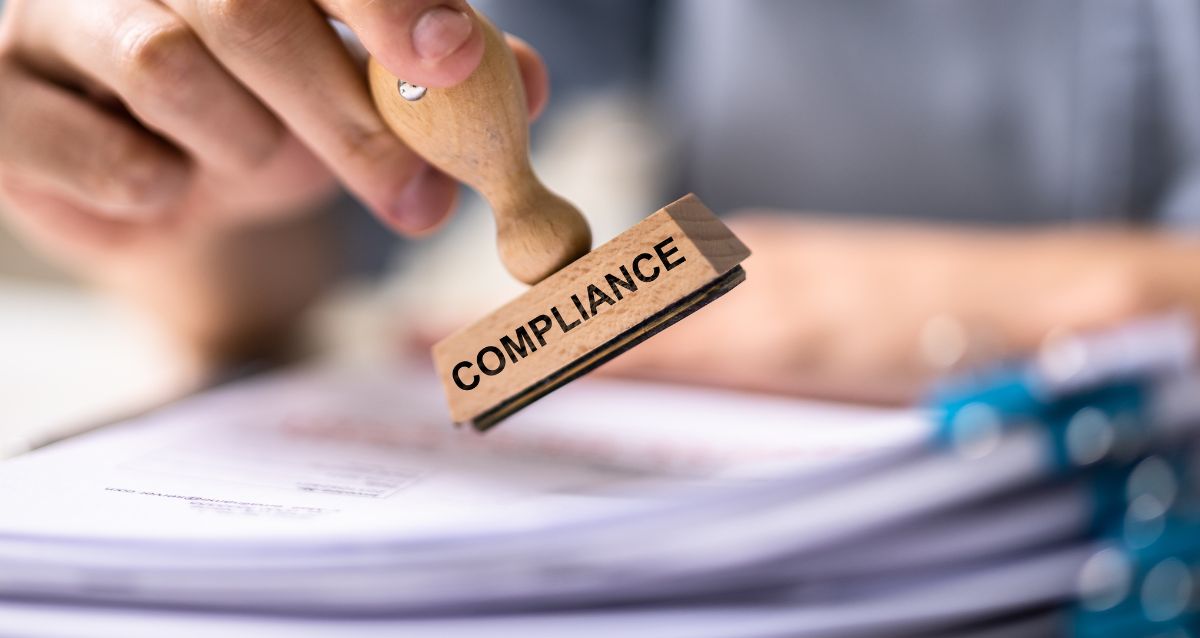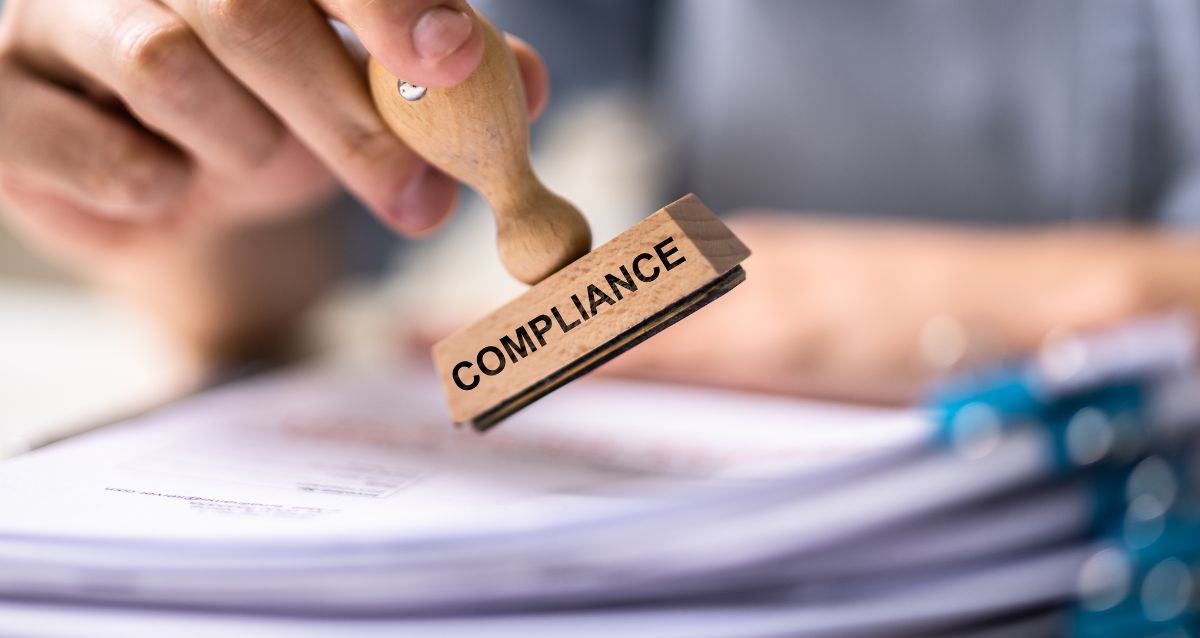Secrets to Maintaining Corporate Integrity in Every Audit
In today's highly regulated business environment, compliance audit not only ensures corporate integrity but also play an important role in legal adherence and ethical business practices. Internal policies, industry regulations and government laws must be evaluated regularly by organisations to diminish risks, maintain trust and amplify their reputation.
What is a Compliance Audit?
A compliance audit is a systematic review conducted to ensure an organisation's adherence to regulatory guidelines, internal policies or contractual obligations. The basic idea here is to evaluate whether the organisation is following the established guidelines and identifying gaps which require corrective action.
A compliance audit typically focuses on:
- Financial Compliance (tax rules and regulations).
- Regulatory compliance (GDPR, labour laws, SOX).
- Operational compliance (internal policies, ISO standards).
- IT and data security compliance (data protection laws, cybersecurity measures).
Audit can be done by internal team or external independent auditors. The scope of compliance audit can cover financial practices, labor standards, environmental laws, data protection, health and safety regulations etc.
Why do Compliance Audit matters?
A compliance audit ensures that the company operates within legal, ethical and internal policy boundaries. Below are some key points-
1. Ensures legal and Regulatory Standards
Compliance audits help businesses ensure that they adhere to laws, regulations and industry standards. Whether it is data privacy laws, financial regulations or environmental standards, regular audits can help detect and correct violations, as we all know that non-compliance can lead to fines, legal actions and reputational damage.
2. Enhancing Risk Management
Audits help identify gaps, vulnerabilities and risks in operations. Companies can prevent fraud, reduce liabilities and improve overall organisational resilience by addressing the issues and assessing financial records and transactions.
3. Improve operational Efficiency
Regular compliance audits keep an eye on internal processes, identify the issues and recommend necessary improvements. This will help an organisation to do better resource allocation, reduce the risks for the company and enhance the productivity.
4. Building Reputation and Stakeholder Trust
It is essential to stay compliant for a better reputation as it will earn trust from investors, customers and stakeholders. A strong compliance framework builds stakeholders' trust by showing that the company takes its responsibilities seriously and is committed to accountability.
5. Ensuring Internal Police Adherence
Audits ensure that board members, executives and employees follow the company's own policies and procedures and act in the best interests of the company.
Common Steps for Compliance Audit
Conducting a compliance audit requires a systematic approach which ensures accuracy, thoroughness and actionable outcomes. Here are some most essential steps required for an effective compliance audit-
1. Planning and Defining the Scope
➤ Establish regulations, departments, and policies, regulations related to business.
➤ Specify the objectives, scope and audit methodology.
➤ Convene a team of internal and external auditors
2. Gather Relevant Information
➤ Collect documentation such as financial records, employee policies, operational records and compliance documents.
➤ Conduct interviews with key personnel and have access to systems as needed.
3. Evaluate Risks and Impact
➤ Assess the risk findings, whether it's operational, legal, financial and reputational risks.
➤ This will help in prioritising issues which need urgent attention.
4. Prepare Audit Report and Develop Recommendations
➤ Prepare a clear, concise and tailored report that includes objectives and scope, methodology, findings, and risk assessment.
➤ Create actionable solutions to enhance overall compliance.
5. Implementation and Monitor Progress
➤ Implement the action plan and improvements.
➤ Schedule follow-ups to ensure compliance progress.
Are there any Hurdles in Compliance Auditing?
As compliance audit is important for regulations, there are certain complex challenges which are defined below-
- Constantly Evolving Regulations: Staying updated with new regulations and adjusting the compliance framework accordingly.
- Resource and Budget Limitations: Allocating staff, time and tools for audits.
- Data Security: Maintain confidentiality during audits.
- Lack of Internal Awareness: Internal resistance may delay or disrupt audits.
Effective compliance audit demands strategy, consistency and collaboration. This is not only about compliance, it also enhances operational integrity and reduces risks.
Smart Approaches for Effective Compliance Audit
➤ Monitor changes in relevant laws and stay updated on compliance requirements.
➤ Implement compliance management software for effective audits.
➤ Audits will become more collaborative and effective when employees are trained on compliance policies and risk management.
➤ Bringing in third-party auditors ensures an impartial audit assessment.
Conclusion
Why compliance audit necessary? It is concluded that audit is not only about regulations, but they are a strategic tool for protecting corporate integrity, risk management and assisting business growth. First of all, it is important to understand the challenges in compliance audit and then implement best practices; this way organisations not only meet their legal obligations but also ensure ethical operations, long-term sustainability and most importantly, stakeholder trust.
Preparing for a compliance audit requires an experienced professional. We at Flying Colour Tax Consultant LLC provide businesses professional support in compliance with UAE laws. Contact us today!
To learn more about The Role of Compliance Audits in Upholding Corporate Integrity, book a free consultation with one of the Flyingcolour team advisors.
Disclaimer: The information provided in this blog is based on our understanding of current tax laws and regulations. It is intended for general informational purposes only and does not constitute professional tax advice, consultation, or representation. The author and publisher are not responsible for any errors or omissions, or for any actions taken based on the information contained in this blog.


